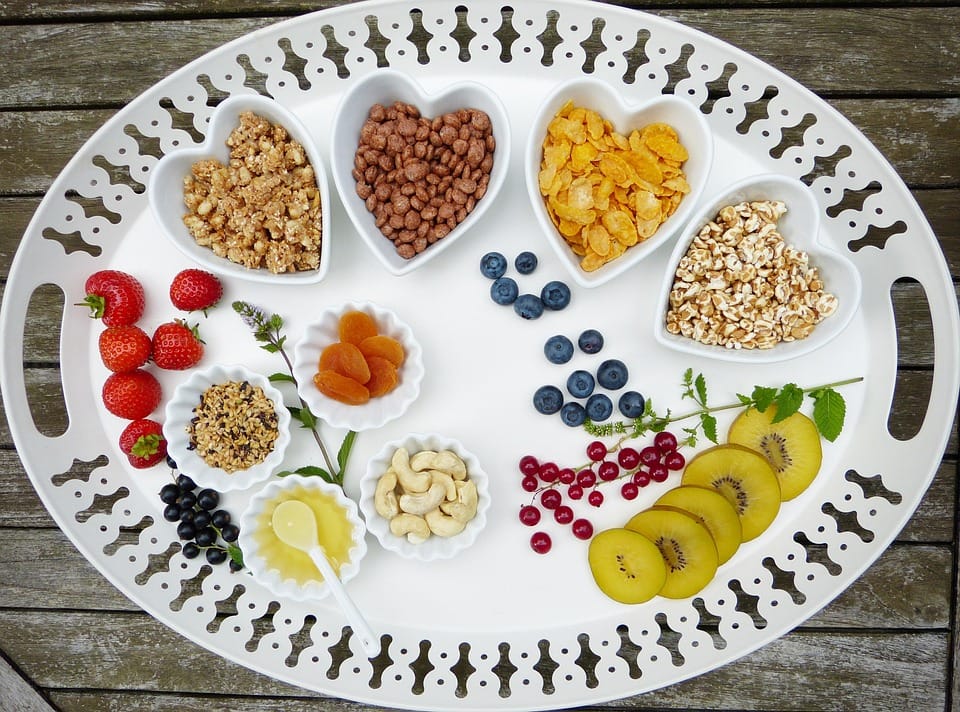
Digestive enzymes are vital components of the digestive system that play a crucial role in breaking down food into nutrients that can be absorbed by the body. Without these enzymes, the body would not be able to properly digest and absorb nutrients from the food we eat, leading to various digestive issues and potential nutrient deficiencies.
There are several types of digestive enzymes, each with a specific function in the digestive process. These enzymes are produced by the body in various organs, such as the salivary glands, stomach, pancreas, and small intestine. Each enzyme works to break down different types of macronutrients, such as carbohydrates, proteins, and fats, into smaller molecules that can be easily absorbed by the body.
One of the main reasons why digestive enzymes are so important is because they help to ensure that the body can effectively extract nutrients from the food we eat. When food is not properly broken down by enzymes, it can lead to a range of digestive issues, such as bloating, gas, indigestion, and acid reflux. In addition, poor digestion can also lead to nutrient deficiencies, as the body may not be able to absorb essential vitamins and minerals from food.
Furthermore, digestive enzymes play a crucial role in supporting overall gut health. A healthy gut is essential for proper digestion, nutrient absorption, and immune function. When the balance of digestive enzymes is disrupted, it can lead to an imbalance of gut bacteria, inflammation, and other digestive disorders.
There are several factors that can impact the production of digestive enzymes in the body. Age, stress, poor diet, and certain medical conditions can all affect the body’s ability to produce enough enzymes to properly digest food. In these cases, supplementation with digestive enzyme supplements may be necessary to support optimal digestion and nutrient absorption.
In conclusion, digestive enzymes are essential for proper digestion and nutrient absorption. Without these enzymes, the body would not be able to effectively break down food and extract essential nutrients. It is important to support the body’s natural production of digestive enzymes through a healthy diet, stress management, and proper hydration. In cases where enzyme production is compromised, supplementation may be necessary to support optimal digestive function. Understanding the importance of digestive enzymes is key to maintaining overall gut health and supporting optimal nutrient absorption.
